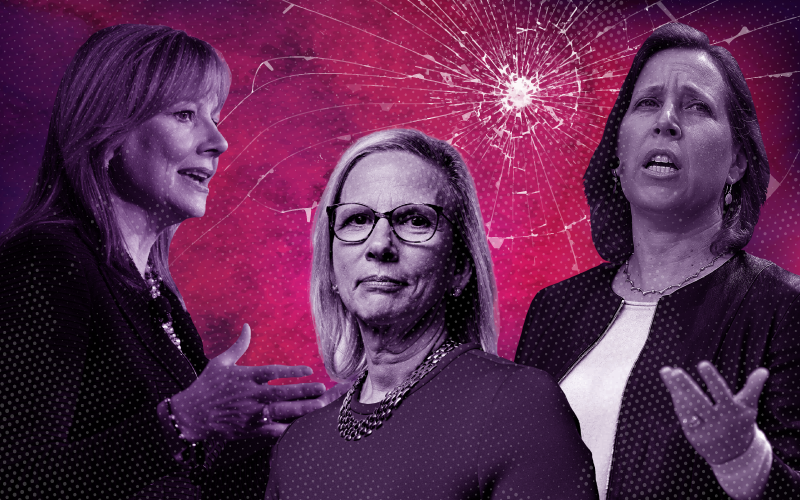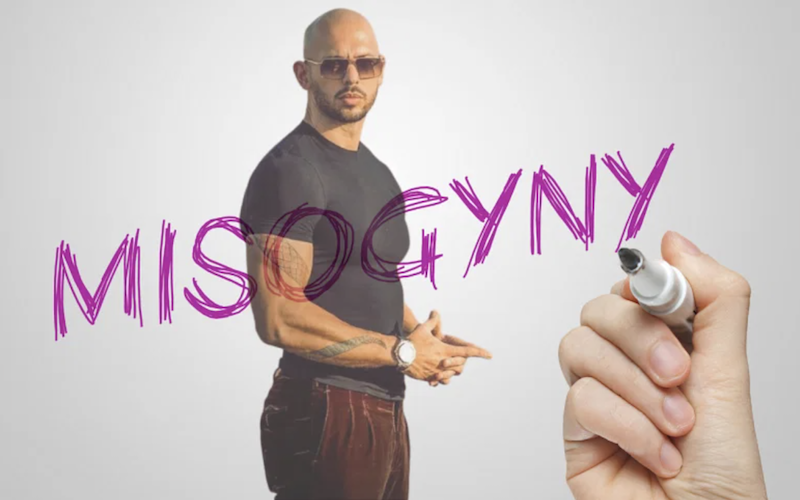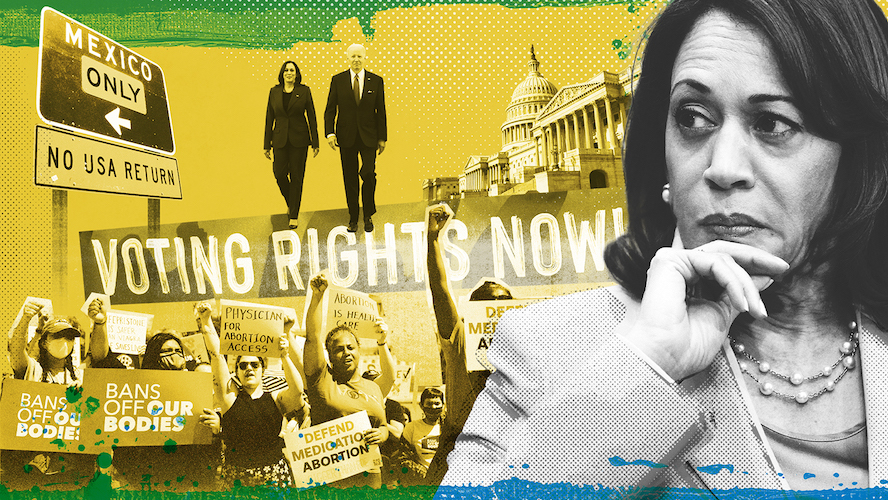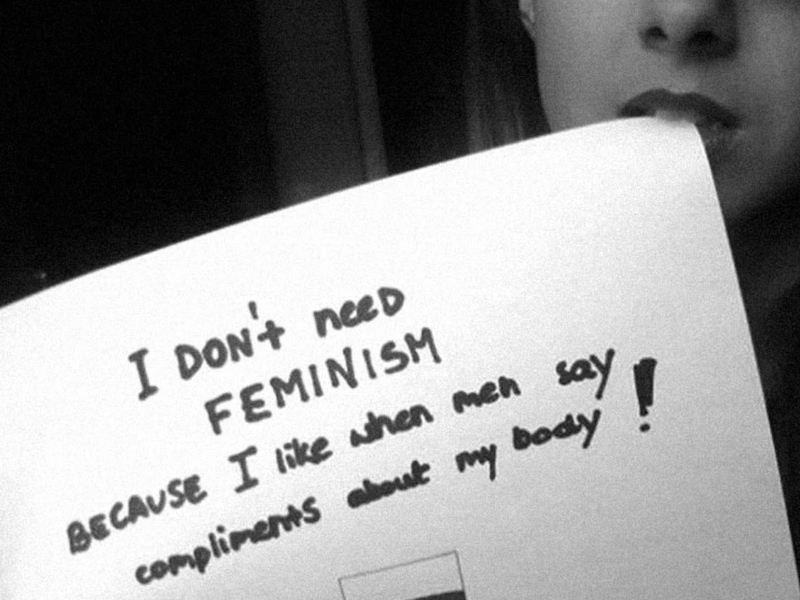In 2019, E Jean Carroll, a renowned journalist, and advice columnist, accused Donald Trump of raping her in a Bergdorf Goodman dressing room in the 1990s. Trump denied the allegations and dismissed Carroll as a liar, claiming he had never met her before.
The case took an interesting turn in November 2020 when the US Department of Justice, then led by Trump’s attorney general, William Barr, attempted to intervene and take over the case, arguing that Trump was acting in his official capacity as president when he denied Carroll’s allegations and therefore should be immune from the lawsuit.
However, in October 2021, a federal appeals court in Manhattan rejected the DOJ’s bid, allowing Carroll’s case to proceed in court. The court ruled that Trump was not acting within the scope of his employment as president when he made the alleged defamatory statements, and thus could be held liable for any damages resulting from them.
Carroll’s case is a civil lawsuit seeking monetary damages and does not involve criminal charges. It is important to note that Carroll’s allegations against Trump fall outside the statute of limitations for criminal rape charges in New York, which is five years.
Carroll’s case is significant because it challenges the notion that the president of the United States is above the law and cannot be held accountable for his actions. It also brings attention to the issue of sexual assault and rape, particularly when it comes to powerful men and their abuse of power.
Carroll’s case also sheds light on the difficulties and stigmas that survivors of sexual assault face when coming forward with their stories. Many people are quick to dismiss survivors as liars or attention-seekers, which only perpetuates a culture of silence and shame surrounding sexual assault.
In the end, Carroll’s case serves as a reminder that rape and sexual assault are serious crimes and that no one is above the law, no matter how powerful they may be.















